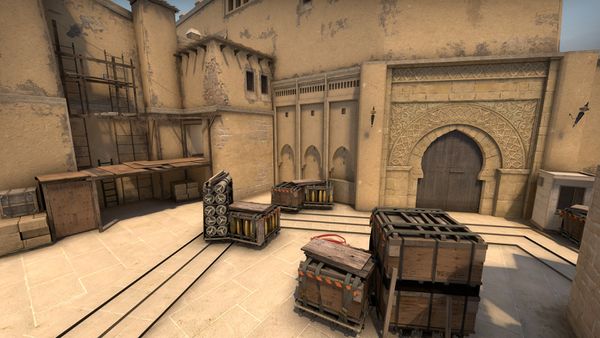Barcelona Shows Tactical Brilliance in Dominant LaLiga Performances
Barcelona continues to impress with a style built on smart movement, quick decision-making, and strong teamwork. The team uses a balanced mix of possession play, pressing, and structured defending to control matches and create scoring chances. Every game highlights how coordinated the players are, whether they are building attacks from the back or closing down space to win the ball. This combination of skill and discipline has allowed them to deliver solid results, maintain consistency, and keep supporters excited throughout the season. Their approach proves that success comes from planning, patience, and strong understanding on the field.
A Clear Focus on Organized Attacking
Barcelona’s attacking structure is one of the strongest features of their game. The team focuses on spreading the field, moving the ball with short passes, and creating openings through coordinated runs. This method helps them break down defense and maintain control for long periods.
Key attacking strengths include:
- Smart positioning by forwards and midfielders
- Quick passing to unsettle defenders
- Effective use of wide areas to stretch the play
- Calm finishing inside the box
This approach allows them to dominate possession while still being sharp and purposeful when moving toward goal.
Midfield Control Sets the Tone
The midfield plays a major role in keeping the team balanced. Through simple passing, good movement, and constant communication, the midfield shapes the rhythm of the match. They limit mistakes, keep the ball moving, and support both attack and defense. Fans of EA Sports enjoy analyzing LaLiga Tier List Fantasy to understand which stars dominate their favorite squads.
Important midfield qualities:
- Strong link-up play
- Awareness and vision
- Quick transitions from defense to attack
- Ability to slow or speed up the game when needed
Because of this control, the team often looks comfortable even under pressure.
Defensive Strength Through Coordination
Barcelona’s defensive success comes from staying well-organized rather than relying only on individual strength. The players press as a unit, close down space quickly, and recover the ball before opponents can build dangerous attacks.
Their defensive structure includes:
- Timely tackles and clearances
- Good positioning to stop counterattacks
- High concentration from the back line
- Support from midfielders tracking back
This teamwork helps the defense remain solid throughout long matches.
Smooth Transitions Create Constant Threat
One of the most impressive aspects of Barcelona’s play is how smoothly they switch between phases of the game. When they win the ball, they quickly shift into attack. When they lose it, they reorganize instantly?
This fluid style results in:
- More scoring chances
- Fewer openings for opponents
- Constant pressure throughout the match
- Control over the tempo of the game
Why Their Strategy Works So Well
Barcelona’s performances stand out because every part of the team works toward one clear plan. Their method is simple but effective—keep the ball, stay organized, move with purpose, and never lose structure.
Overall highlights:
- Strong teamwork
- Clear tactical shape
- Confident passing and movement
- Balance between creativity and discipline
Barcelona continues to show confidence and maturity through well-planned tactics and collective effort. Their blend of attacking creativity, midfield control, and defensive discipline keeps them strong and consistent. With this level of organization, they remain one of the most impressive sides in the league, proving that smart strategy and teamwork can deliver dominant performances week after week.






